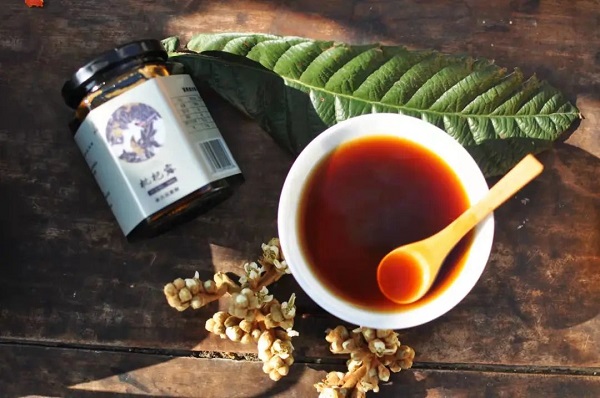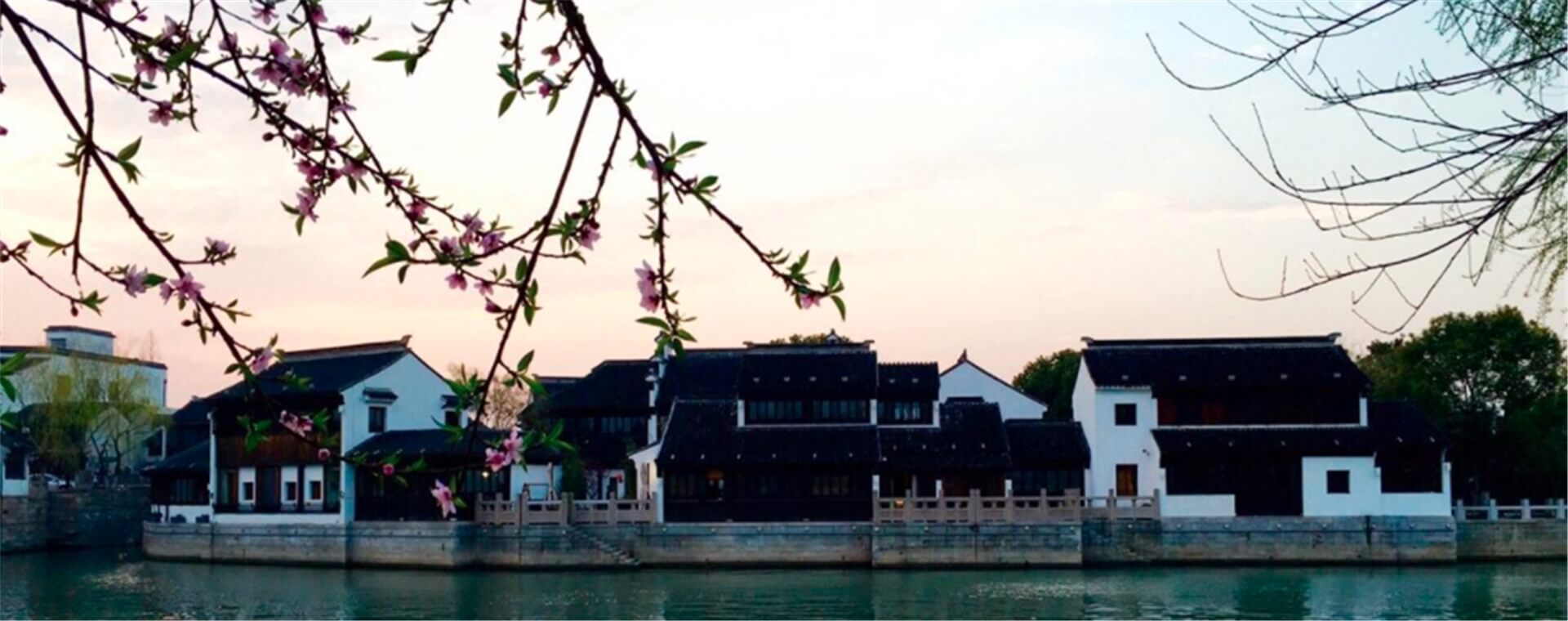
A native of Suzhou has an endless love for loquat.
In the hot and dry evening in midsummer, neighbors gathered in the alleys, blowing the draught, tasting the sweetness of loquat and waiting for the stars to fill the dark sky.
That mouthful of yellow fruit is the first expectation of summer.

The years condensed by each loquat tree are not only hidden in the fullness and sweetness coveted by children; It often starts from its root system and gradually spreads to every wisp of leaf vein and every flower bud.
Their precipitation in years can be traced back to early winter.

The evergreen loquat tree seems to have the power of deposition. Even in the winter when everything is resting, it can bloom the flowers of life.
Small, pale yellow flower buds clustered around the branches, proud and cold in full bloom. Like the branches and leaves on which they grow, they are covered with a layer of fine yellow brown fluff. It’s like wrapping a winter jacket to resist the severe cold, and the cooling has not reduced their enthusiasm.

It is the wisdom of the ancients to store rare winter vitality with skills. Boil the loquat flowers and leaves into a paste, showing the light precipitated by the four seasons.

The carefully picked and washed loquat leaves and flowers are dried and cut into fine pieces. Set up a soil stove, boil with ginger, orange peel, mint and other fire for 12 hours, filter out the residue, put the filtered juice back into the pot, add old rock sugar and continue to boil for 12 hours until the juice becomes thick and clear, and it takes a day and a night to boil the condensed time into a paste.
Ancient loquat honey exudes natural honey fragrance. Scoop up a spoonful of loquat dew, and the thick liquid will faint under the brewing of warm water. In an instant, the fresh and sweet taste will permeate the whole room.
A sip of sweet and sour taste fills the lips and teeth. It’s not bitter at all. It’s fresh and delicious.


